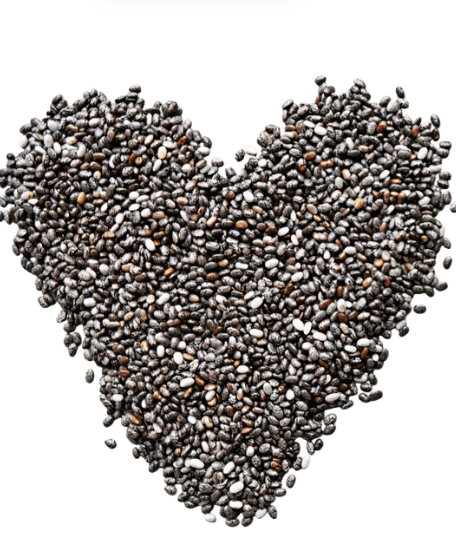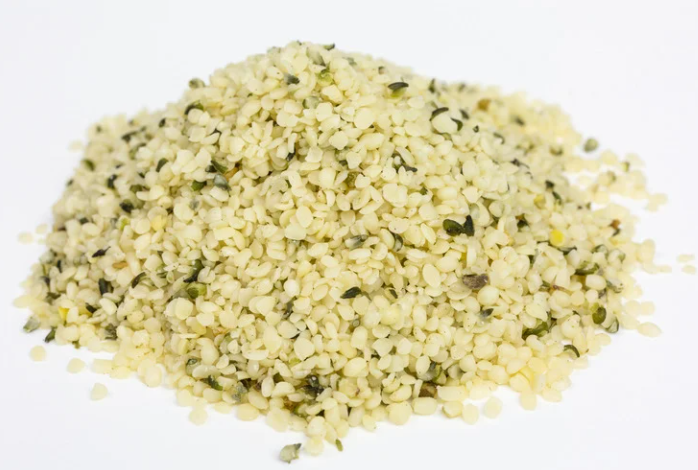Healthy Seeds: Nature’s Tiny Powerhouses
Seeds may be small, but they pack a nutritional punch that supports health, energy, and longevity. From boosting heart health to improving digestion, seeds are nature’s compact superfoods. In this blog post, we’ll explore the most popular healthy seeds, their benefits, and simple ways to add them to your meals. I love all of them and have started to adopt various seeds to my diet and can honestly say that I feel better for it. So it’s definitely worth exploring them a bit more.
Chia Seeds
Nutritional Highlights: Omega-3 fatty acids, fiber, antioxidants, calcium, magnesium, and iron
Health Benefits: Heart health, better digestion, blood sugar regulation, and weight management
How to Use: Blend into smoothies, make chia pudding, or sprinkle on salads and oatmeal
Flaxseeds
Nutritional Highlights: Omega-3s, lignans (antioxidants), and both soluble and insoluble fiber
Health Benefits: Supports cardiovascular health, may lower cancer risk, improves digestion
How to Use: Use ground flaxseed in baking, stir into smoothies, yogurt, or soups
Pumpkin Seeds (Pepitas)
Nutritional Highlights: Magnesium, zinc, iron, protein, and healthy fats
Health Benefits: Supports prostate and bladder health, boosts immunity, and promotes better sleep
How to Use: Snack on roasted seeds, toss into salads or granola, or blend into sauces like pesto
Sunflower Seeds
Nutritional Highlights: Vitamin E, selenium, magnesium, and plant-based protein
Health Benefits: Protects cells from damage, supports thyroid health, and promotes glowing skin
How to Use: Eat as a snack, add to baked goods, or sprinkle on stir-fries
Sesame Seeds
Nutritional Highlights: Copper, calcium, manganese, and powerful antioxidants (sesamin, sesamol)
Health Benefits: Boosts bone health, may reduce blood pressure, and supports healthy hair and skin
How to Use: Make tahini, sprinkle on stir-fries or sushi, or add to breads and crackers
Hemp Seeds
Nutritional Highlights: Complete plant-based protein, omega-3 and omega-6 fats, vitamin E, phosphorus, and magnesium
Health Benefits: Supports muscle repair, promotes heart and brain health, reduces inflammation
How to Use: Blend into smoothies, add to oatmeal, or mix into protein bars.
Quinoa (Technically a Seed)
Nutritional Highlights: Complete protein, fiber, magnesium, B vitamins, and iron
Health Benefits: Regulates blood sugar, boosts metabolism, gluten-free alternative to grains
How to Use: Cook as a rice replacement, make salads, or enjoy as porridge
Poppy Seeds
Nutritional Highlights: Calcium, iron, magnesium, healthy fats, and dietary fiber
Health Benefits: Supports bone strength, promotes digestion, and may aid relaxation
How to Use: Add to muffins or breads, sprinkle on oatmeal, or stir into salad dressings
I would love to know if you’re using any of the seeds, how you use them and which ones are your favourite ones? Comments are always welcome ♥️









